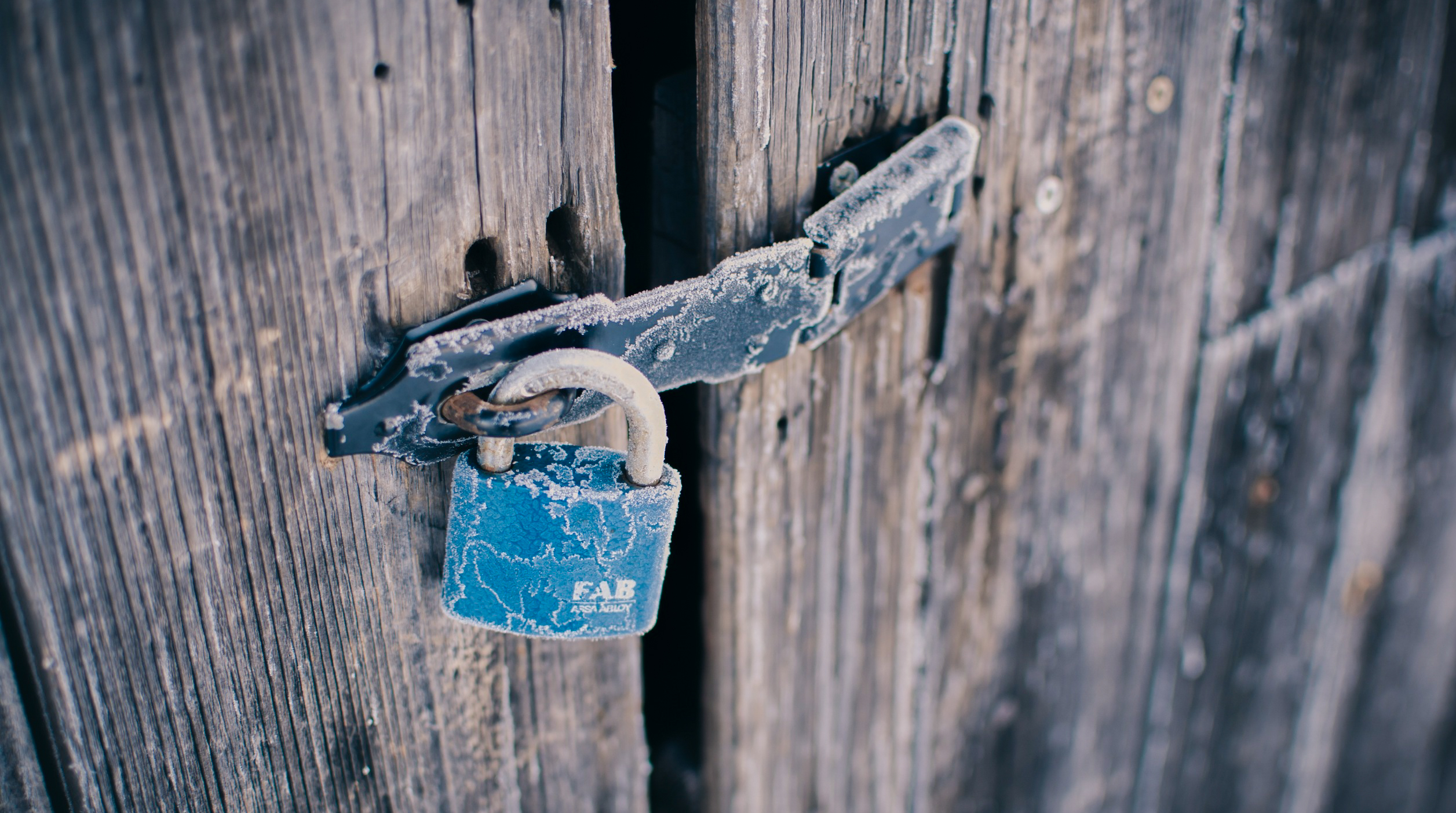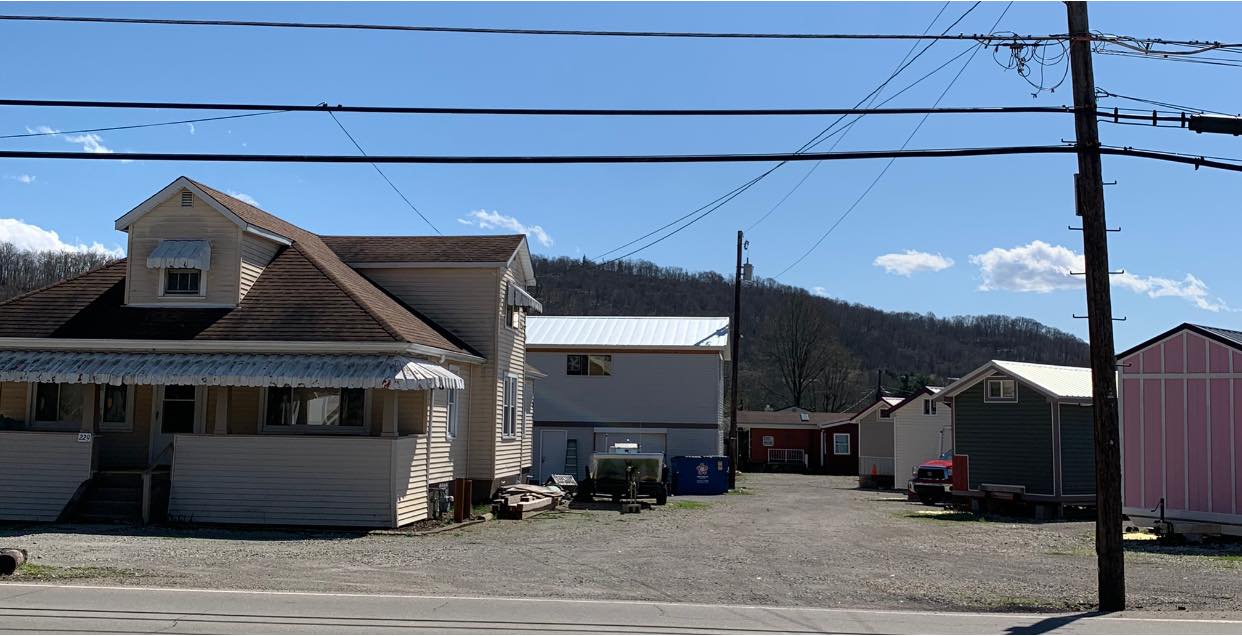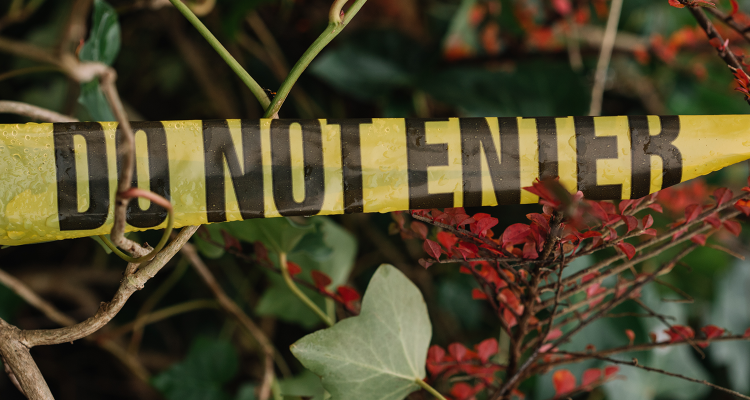This is not my first quarantine.
In the sweltering August heat of 1979, my family and I, along with our entire trailer park neighborhood in Moundsville, were on lockdown for two weeks. Although 14 days seems like a mere weekend given the length of our current self-distancing protocols, it seemed like a lifetime to a little girl who just wanted to go outside and play with her friends.
I was 5 years old that summer when the neighbor’s infant died of bacterial spinal meningitis. Later I would learn that meningitis is an inflammation of the membranes that cover the brain and spinal cord, but, at the time, all I knew was that we were all in danger of getting sick and dying just like the baby next door.
Bacterial meningitis is easily passed from one person to another through contact. Like Covid-19, some people can be asymptomatic carriers of bacterial meningitis. Also like Covid-19, bacterial meningitis can be deadly. It is no wonder then that the Marshall County Health Department remanded everyone in our trailer park to our homes until the two-week incubation period had passed. We would know then if any of us had been exposed to the disease. We would also know if any of us might be at risk of dying from it, too.

My mother, who was and remains, a constant worrier struggled to stay calm in our quarantine. I remember her weeping openly at the kitchen table at night after dinner; her cup of coffee growing cold as her tears fell onto the wooden tabletop. I remember her yelling at me and my brother if we as much as went toward the front door; fear rising in her throat and out her mouth in what sound more like a primal screech than a scolding.
As a mother now, I understand her fear all too well. After all, my brother and I used to regularly play with the baby next door. In fact, we were at the baby’s trailer nearly every day talking to the baby and singing to the baby. The baby’s mom seemed to enjoy our visits and would give us hard candy from an old Christmas tin as treats.
I don’t remember now if the baby was a girl or a boy. I don’t remember the baby’s name. I do recall the anxiety that roared through the trailer park those long, hot two weeks. We weren’t allowed outside to play for fear that one of us could pass the disease to someone else who might not already have it, so we spent our days inside playing board games, watching TV and fighting with each other over who could sit in front of the only fan in the trailer.
I imagine now how high tensions must have been in the trailers all around us. Families with more children and less money. Older women living alone. No one was allowed in, and no one was allowed out. No one could go to work. No one could go to the grocery store. From time to time, some of us had family deliver food to the police barricade that blocked the entrance to our trailer park, but not everyone had family who could do so.
At night, people would sit on their tiny porches and smoke cigarettes, the telltale red dots glowing in the dark. My mother allowed us to sit on the back steps with the door open wide to welcome in the cool evening breeze. She would sit on the edge of her bed and watch us vigilantly, making sure that neither of us took another step toward the trailer where the baby died nor toward the abyss where an invisible monster waited to claim us for its own.
And then, my grandmother Jean showed up. She had been calling the police department several times a day to convince them — someone, anyone — to give us the medicine that the health department had prescribed. To this day, I do not understand the rationale for withholding the medicine, but I recall watching out our kitchen window as my grandmother screamed and yelled and pointed her fingers at the police officers barring her entrance to our trailer park.
At nearly 6-feet tall, Grandma met those officers eye to eye and looked fierce in her rage. I could make out only a few words from where I stood leaning into the window screen trying to pick up on every utterance. “Those are my grandbabies in there!” “You WILL make sure …” “their medicine!” “… die …” Not long after, the phone rang instructing my mother to go to the top of the road and pick up our medication left for us in our mailbox.

Now, I know that the medicine, an antibiotic, was given to us as a precaution. They wanted to try to treat the disease just in case we had managed to contract it. To little girl me, this seemed like a yucky way to start each day. The pills tasted terrible, but I took them if for no other reason than to help unclench my mother’s tightened jaws. I could see the fear in her face, but it seemed like, once again, my mom’s worries were going too far.
Yet just this morning, I screamed at my 8-year-old son not to bring the packages on the porch into the house. “I’ll do it!” I yelled. “I need to put on my rubber gloves and mask.” I thought of my mother in that moment and felt a surge of shame scurry up my spine. As far as we know, Tristan hasn’t been exposed to anyone who has Covid-19. My mother knew without question that both my brother and I had not only touched something the baby next door had touched, but we had tickled the child and held the child and kissed its little cheeks.
I blanche at the thought of my mother counting down the days until the quarantine was over — not because she wanted to go to the mall or because she wanted to go drinking with her friends or because she wanted to walk into the corner store and buy her favorite candy bar. No, my mother marked the days off of the free bank calendar that hung on the kitchen wall to keep track of the time left until she knew that her children weren’t going to die from meningitis.
I try now not to let my son see the fear in my heart as we lurch our way through another day, week, and now month of quarantine. We can, after all, still go outside and walk through the green hills that surround us. We can chat with friends over video and phone. We can talk to neighbors over the wide berth between our porches.
I wonder sometimes if he is scared. When I ask him, he says, “a little” but refuses to elaborate. In the Covid-19 journal he has to keep for school, he writes a few lines and then stops. He says he hates not being able to go to school. That he hates not being able to see his friends. Late at night, though, when all our work is done, we snuggle in his bed, and he tells me that he is afraid his dad will bring the virus home with him from work. He tells me he worries that the virus will kill me and leave him alone.
These are questions my mother never asked me. I wonder what I would have said? What does a 5-year-old know about diseases and death? I knew that my little friend from next door was dead, but I don’t recall mourning for the baby. I don’t remember anyone saying, “That poor baby. Oh, that poor Mom.”
I just remember rage and fear. Two states of being that I understand now more than ever. I hope, though, that my son remember compassion. I hope he remembers that we donated money to feed our neighbors. That we ordered items from local businesses to keep them going. That we tried our best to join with our friends to work through this harrowing time together.
But I also know that I have precious little control over what he is feeling or what he will remember. Yes, I am scared. I am scared I will lose him. I am scared he will lose me. I am scared we will be forced to say goodbye to people we love by the time this pandemic ends. But most of all I am scared that I will become so tangled up in my fear that I forget about the people who do lose the ones they love in all of this. I will remember to hold space for their loss.
This time, I will remember their names.
• Christina Fisanick, Ph.D., is an associate professor of English at California University of Pennsylvania, where she teaches expository writing, creative non-fiction and digital storytelling. She is the author of more than 30 books, including her most recent memoir, “The Optimistic Food Addict: Recovering from Binge Eating Disorder.” She has been a Weelunk contributing writer since 2015. Christina is a 1996 graduate of West Liberty University and a member of Ohio Valley Writers. She lives in Wheeling with her family.


